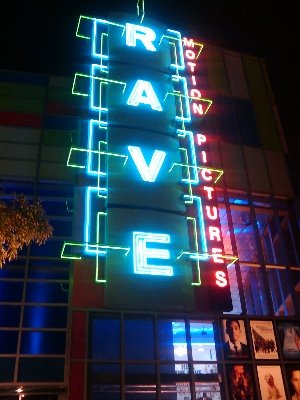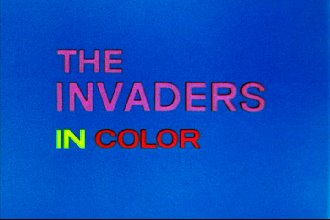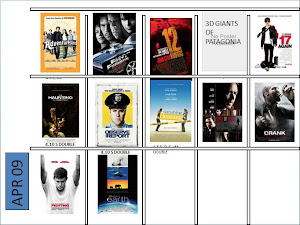
Michael Mann makes solid movies. No one argues that. And without a doubt he has the artistic ability to get at the heart of a situation, the emotional point of attack that takes conflict and turns it into a series of moral questions which is definitely watchable and sometimes unsettling at the outcome. When he’s at his best, he puts his audience in the primary place an audience should be, anticipating the outcome of conflict between the protagonist and his nemesis. And he’s not afraid to tackle tough, weighty issues. Which is what makes Michael Mann something of a mystery. He’ll give you heart pounding action and exquisite visual tapestries only to miss the mark with decisions that seem to defy logic when it comes to telling his story. I don’t know if they’re decisions led by curiousity, “just to try something this way” or whether he has some idea in his head of what he thinks a Hollywood movie “should be”. (THE KEEP, though flawed with narrative ambiguity, is one of my personal favorites). HEAT and THE INSIDER are his best efforts. In both of these, you get an essential quality that great films must have: the collision of truth. The collision of truth is simple: it pits two characters -- the good guy and the bad guy -- at odds with each other, not simply in their desires or needs or motivations, but in their basic fundamental philosophy. Cop movies are, (as well as can be argued the Western ) the epitome of collision of truth movies: “might makes right” vs “might for right.” Expecting to get something along these lines (which of course is the best way to ruin a movie for yourself, by having expectations) PUBLIC ENEMIES skirts many moments of dramatic tension that it could have exploited while avoiding the critical confrontation of what made John Dillinger, Dillinger and Melvin Pervis, Pervis. Mann goes for subtlety here, concentrating on the love story between Dillinger and his girlfriend and seems to lose the sense of who Dillinger was. Instead, he’s going for “noble criminal”; but the truth of what created the essence of Dillinger is far more fascinating. The acting is good; Johnny Depp’s screen persona shines as always, but Christian Bale is so racheted down that he never gets a chance to steal the show (which may be why). The other thing that is odd is how Mann decides to shoot the film. The cinematography shoots for documentary style, and ultimately it makes the film look at times like a cheap BBC television show (apologies to Dr. Who and Primeval). The glory of the art direction is muted by close-ups and hand held shots which don’t add significantly to the level of dramatic tension already present in the scene. The film picks up speed when the visual choices move toward the conventional rather than the esoteric. Unfortunately, when the film really starts to shine, Mann turns out the light with his overthought choices.
















No comments:
Post a Comment